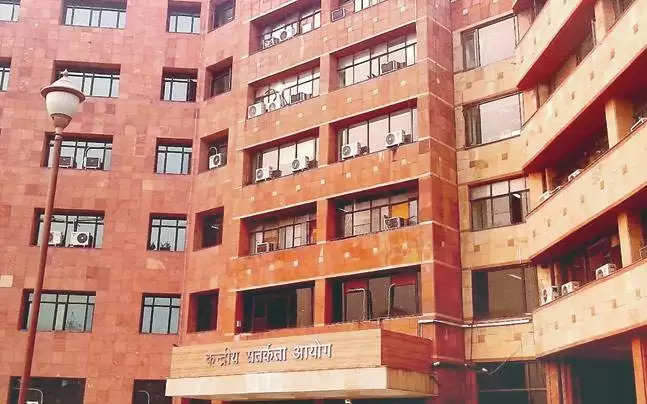Functions of Central Vigilance Commission

The Central Vigilance Commission is the main agency for preventing corruption in the Central government. It was established in 1964 by an executive resolution of the Central government. Its establishment was recommended by the Santhanam Committee on Prevention of Corruption(1962–64).
The functions of the Central Vigilance Commission are:
1. To inquire or cause an inquiry or investigation to be conducted on a reference made by the Central government wherein it is alleged that a public servant being an employee of the Central Government or its authorities has committed an offense under the Prevention of Corruption Act, 1988.
2. To inquire or cause an inquiry or investigation to be conducted into any complaint against any official belonging to the below-mentioned category of officials wherein it is alleged that he has committed an offense under the Prevention of Corruption Act, 1988:
(a) Members of all-India services serving in the Union and Group ‘A’ officers of the Central government; and
(b) Specified level of officers of the authorities of the Central government.
3. To exercise superintendence over the functioning of the Delhi Special Police Establishment (CBI) insofar as it relates to the investigation of offenses under the Prevention of Corruption Act, 1988.
4. To give directions to the Delhi Special Police Establishment (CBI) for superintendence insofar as it relates to the investigation of offenses under the Prevention of Corruption Act, 1988.
5. To review the progress of investigations conducted by the Delhi Special Police Establishment into offenses alleged to have been committed under the prevention of Corruption Act, 1988.
6. To review the progress of applications pending with the competent authorities for sanction of prosecution under the Prevention of Corruption Act, 1988.
7. To tender advice to the Central government and its authorities on such matters as are referred to it by them.
8. To exercise superintendence over the vigilance administration in the ministries of the Central Government or its authorities.
9. To undertake or cause an inquiry into complaints received under the Public Interest Disclosure and Protection of Informers’ Resolution and recommend appropriate action.
10. The Central Government is required to consult the CVC in making rules and regulations governing the vigilance and disciplinary matters relating to the members of Central Services and All-India Services.
11. The Central Vigilance Commissioner (CVC) is the Chairperson and the two Vigilance Commissioners along with Secretaries of M/o Home Affairs, D/o Personnel and Training and the D/o Revenue in M/o Finance are the Members of the Selection Committees, on whose recommendation the Central Government appoints the Director of Enforcement. Further, this Committee, in consultation with the Director of Enforcement, recommends officers for appointments to the posts above the level of Deputy Director of Enforcement.
12. The Central Vigilance Commission has been notified as a specific authority to receive information relating to suspicious transactions under the Prevention of Money Laundering Act, 2002. The Lokpal and Lokayuktas Act (2013) amended both the CVC Act 2003) and the Delhi Special Police Establishment Act 1946) and made the following changes with respect to the functions of the CVC.
13. The Director of Prosecution under the Directorate of Prosecution in CBI shall be appointed by the Central Government on the recommendation of the Central Vigilance Commission.
14. The Central Vigilance Commissioner (CVC) is the Chairperson and the two Vigilance Commissioners along with Secretaries of M/o Home Affairs and D/o Personnel and Training are the Members of the Selection Committees, on whose recommendation the Central Government appoints officers to the posts of the level of SP and above in the CBI except for Director of CBI.
15. The Commission has been empowered to conduct preliminary inquiry into complaints referred by Lokpal in respect of officers and officials of Groups A, B, C & D, for which a Directorate of Inquiry for making preliminary inquiry is to be set up in the Commission. The preliminary inquiry reports in such matters referred by Lokpal in respect of Group A and B officers are required to be sent to the Lokpal by the Commission. Further, as per mandate, the Commission is to cause further investigation into such Lokpal references in respect of Group C and D officials and decide on further course of action against them.
